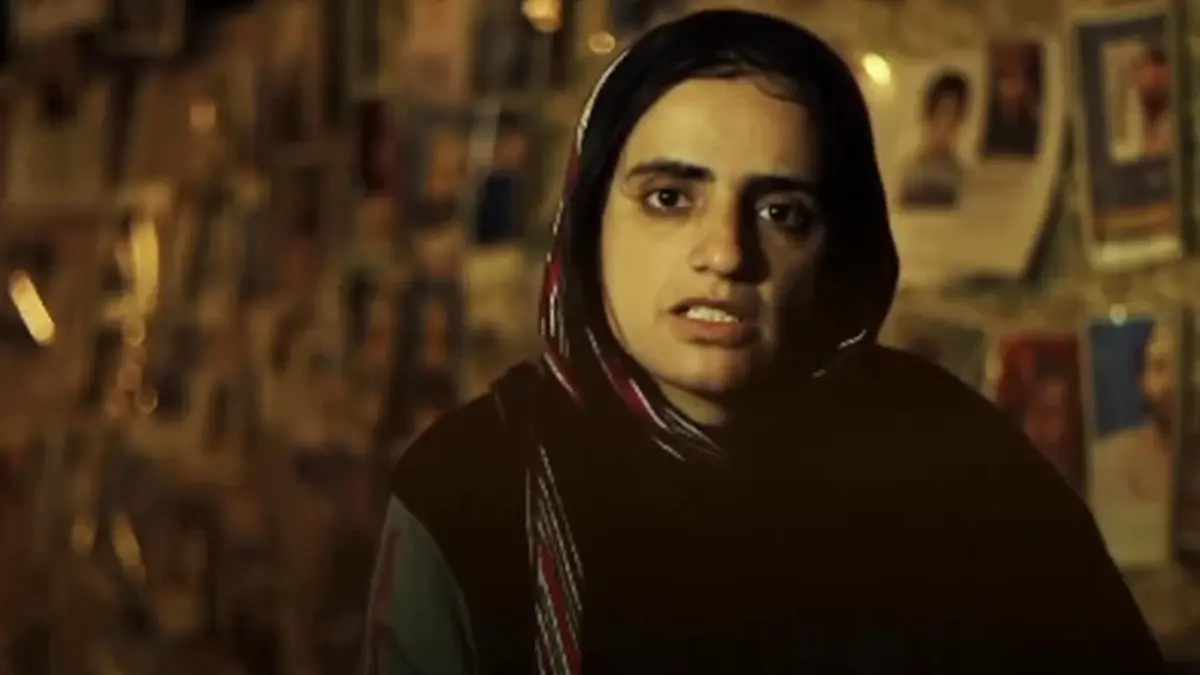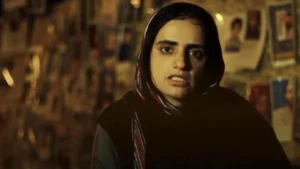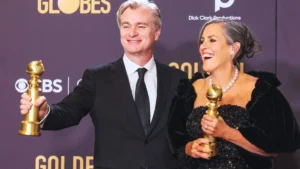Jorge Greenidge, widely known as Jorgito Melodía, opens up about his musical odyssey, showcasing his prowess as a young creator and performer in Cuban popular music. In an exclusive interview with Tribuna de La Habana, he reflects on the deep roots of his musical journey, offering readers insights into his formative years and the evolution of his career.

From the early age of seven, Jorgito Melodía exhibited an innate inclination for music, a passion fueled by the influences of his paternal grandmother’s cello and his mother’s enchanting singing. Raised in a family that valued musical expression, Jorgito credits his mother, Clara Miriam Rosales Mederos, for discovering his vocation. With a background in piano studies and a desire to learn the basics of piano, he embarked on a musical exploration that eventually led him to the clarinet.
His journey took a definitive turn when, as a teenager, Jorgito joined the Alejandro García Caturla elementary school, where he initially aspired to learn basic piano. However, fate had other plans, guiding him towards the clarinet. Embracing this melodic and sweet instrument, Jorgito immersed himself in its complexities, dedicating long hours to practice.
The clarinet became a defining element in Jorgito’s musical identity, and he soon found himself involved in various musical projects. From playing with amateur orchestras like Aché Juniors to being part of Ecos de Siboney, a group rooted in the legacy of Compay Segundo’s grandchildren, Jorgito honed his skills and diversified his musical experiences.
As a professional musician, Jorgito Melodía contributed his talents to several orchestras, including Sabrosura viva, Habana Salsa, and the renowned Dan Den led by Juan Carlos Alfonso. Each collaboration provided valuable experiences and insights, shaping Jorgito’s approach to music.
A pivotal moment in Jorgito’s career came with his involvement in Pupi Pedroso’s orchestra, an experience he describes as “amazing.” Subsequently, he joined maestro Adalberto Álvarez’s orchestra, embarking on national and international tours that showcased the vibrant energy of Cuban timba in Europe and Latin America.
In 2013, inspired by his experiences abroad and eager to pursue a solo career, Jorgito Melodía returned to Cuba. He recorded an album in Europe with Raúl and his soneros, earning a Grammy nomination. Determined to explore new horizons, Jorgito initiated a solo project, creating his orchestra and delving into the realm of timba.
Known for his meticulous approach to creating music, Jorgito Melodía emphasizes the significance of meaningful lyrics aligned with the essence of Cuban popular music. His creative process involves envisioning live concerts as a spectator, meticulously crafting each phase of a song, and seeking feedback from loved ones, including his mother and children.
Expressing his eagerness to please his audience, Jorgito acknowledges the voracity of Cuban listeners for new songs. He acknowledges that while some songs become timeless classics, others may age quickly. As a self-proclaimed perfectionist, he strives for excellence, constantly refining and seeking input from his family, including his children, Jorge and Melany.
Jorgito Melodía concludes the interview by expressing gratitude to the readers of Tribuna de La Habana for the opportunity to share his musical journey. Committed to delivering his best, he assures the audience of his dedication to creating music that resonates with the vibrant rhythms of Cuban popular music.











